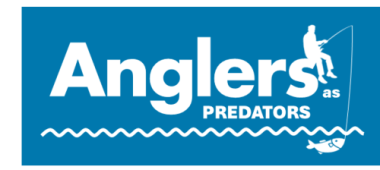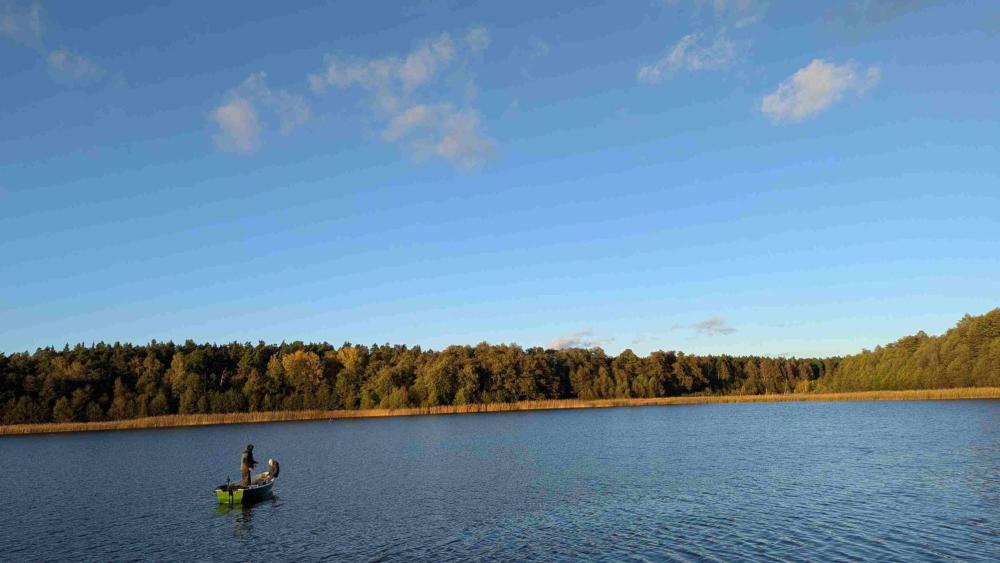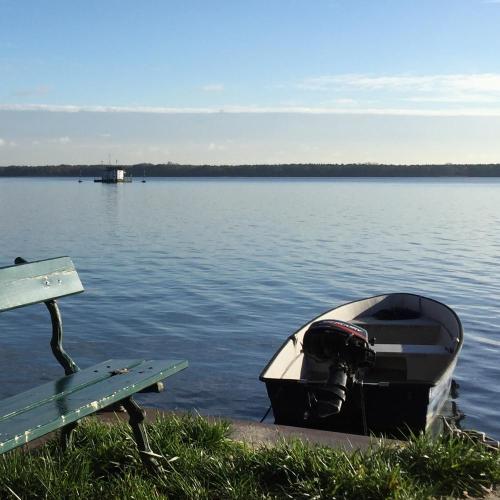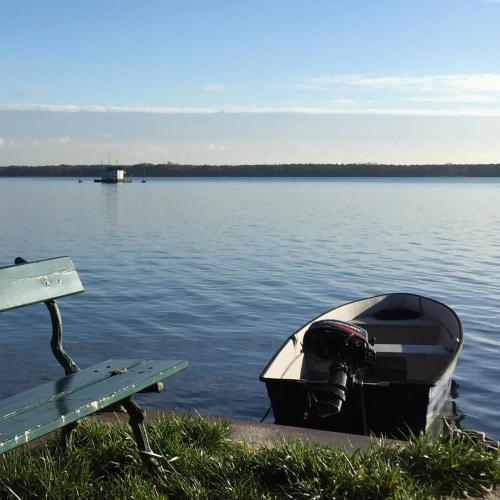
Anglers as Predators
Short profile
Duration
01.05.2024
31.03.2027
Department(s)
Topic
Research group(s)
Contact persons

Copyright: Ryo Futamura
Humans are apex predators, which can impact fish populations and aquatic ecosystem through consumptive (harvest) and non-consumptive (reaction of fish to disturbances) effects. In the PREDATOR project, we aim to understand how recreational anglers behaviourally impact lake fish behaviors. To that end, we are combining a field-based angling experiments using a citizen-science approach and whole-ecosystem scale behavioral assessment using high resolution acoustic telemetry. We are studying two natural lakes in Brandenburg, where northern pike (Esox lucius) and Eurasian perch (Perca fluviatilis) are the main predatory species.
Our main questions are
- How do top predator fish in a lake ecosystem behaviorally respond to recreational fishing pressure?
- Do predator fish learn and develop lure avoidance behaviour?
- How effective are freshwater protected areas in protecting predatory fish from fishing pressure in a lake?
- Will prey fish respond to behavioral changes shown by predatory fish in response to recreational fishing?
Supported by
Japan Society for the Promotion of Science




